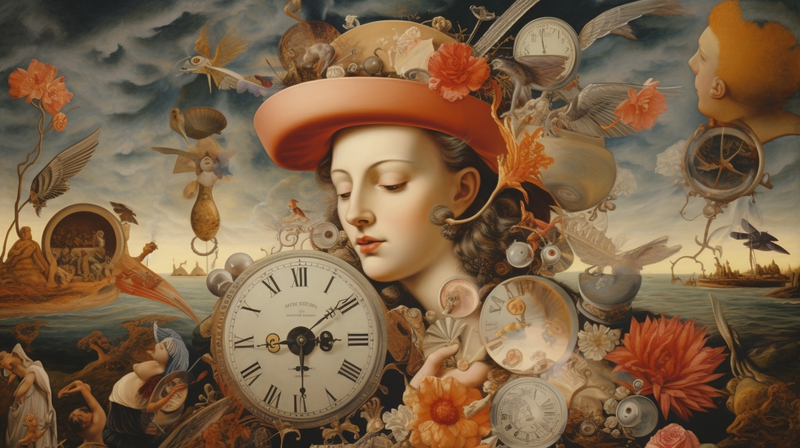lotusyouthcouncil.com – European philosophy has played a pivotal role in shaping modern thought, influencing various fields such as science, politics, art, and culture. From the ancient Greeks to the Enlightenment thinkers, European philosophers have contributed significantly to the intellectual and cultural development of the modern world. This article delves into the profound impact of European philosophy on contemporary thought, highlighting key figures and movements that have left an indelible mark on our understanding of the world.
The Legacy of Ancient Greek Philosophy
The roots of European philosophy can be traced back to ancient Greece, where philosophers like Socrates, Plato, and Aristotle laid the groundwork for Western thought. Their exploration of ethics, metaphysics, and epistemology set the stage for future philosophical inquiry. The Socratic method of questioning and critical thinking continues to influence modern education and intellectual discourse.
The Renaissance and Humanism
During the Renaissance, a revival of interest in classical philosophy led to the emergence of humanism, which emphasized the value and agency of human beings. Philosophers such as Erasmus and Pico della Mirandola championed the idea of individual potential and the pursuit of knowledge, paving the way for the Enlightenment.
Enlightenment and Rationalism
The Enlightenment era marked a significant turning point in European philosophy, with thinkers like Immanuel Kant, John Locke, and Voltaire advocating for reason and empirical evidence as the foundations of knowledge. This period saw the development of ideas such as democracy, human rights, and scientific inquiry, which have become cornerstones of modern society.
Romanticism and Existentialism
In response to the rationalism of the Enlightenment, the Romantic movement emphasized emotion, intuition, and individual experience. Philosophers like Jean-Jacques Rousseau and Friedrich Nietzsche explored themes of freedom, creativity, and the meaning of life, influencing existentialist thinkers such as Søren Kierkegaard and Albert Camus.
Modernism and Postmodernism
The 20th century witnessed the rise of modernism and postmodernism, which challenged traditional philosophical concepts and embraced new ways of thinking. Philosophers like Martin Heidegger, Michel Foucault, and Jacques Derrida questioned the nature of truth, language, and power, reshaping contemporary thought and cultural criticism.
Conclusion
The influence of European philosophy on modern thought is undeniable, as it has shaped the intellectual landscape of the world. From the foundational ideas of ancient Greece to the innovative theories of postmodernism, European philosophers have provided insights and frameworks that continue to inform and inspire contemporary discourse. As we navigate the complexities of the modern world, the legacy of European philosophy remains a vital source of wisdom and guidance.

